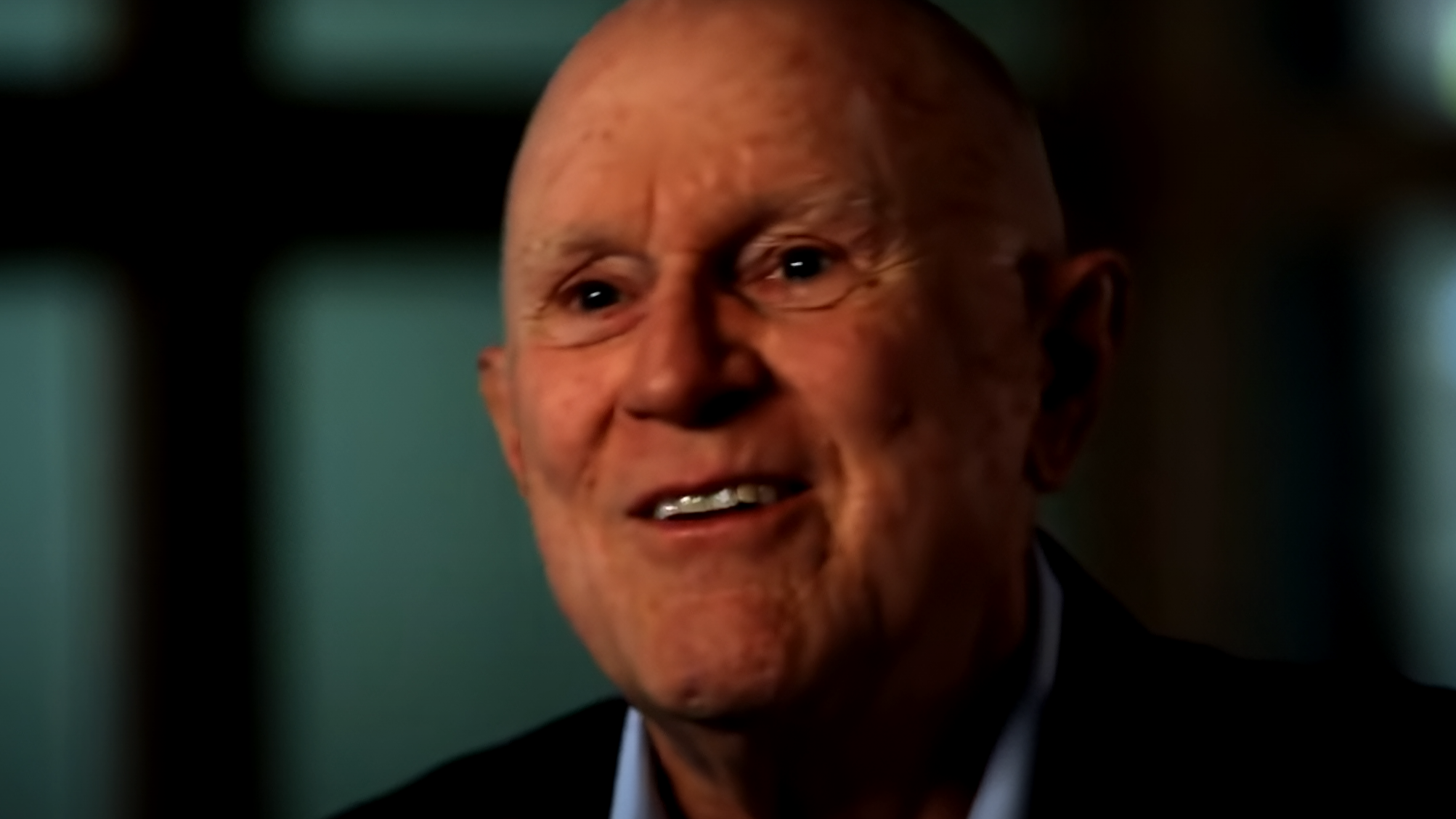
C. Gordon Bell, a pioneering researcher and engineer in computing, died on May 17 due to pneumonia at his home in Coronado, California. He was 89 years old. His groundbreaking technical achievements, as well as his efforts with the Computer History Museum, followed recurring health issues from birth.
Among his many achievements, one of the first and most major would have to be his contributions to the world’s first “minicomputers” in the 60s, which are bulky by today’s standards but were orders of magnitudes smaller than the room-sized mainframe PCs typical of that era. He helped work on Digital Equipment Corporation’s PDP-1, PDP-4, and PDP-6— PDP-1 also known today as the PC on which Spacewar!the first-ever video game, was played.
Besides his contributions to the PDP minicomputers, Bell is also known for co-founding the Computer History Museum and leading several Microsoft research projects, including the likes of MyLifeBits, which was Gordon Bell’s 2000s take on digitally archiving every piece of his life possible, well before the days of Twitter (’06), Google Glass, or unwanted Copilot additions.
Bell received various honors from the computing community, including the IEEE John von Neumann Medal, the National Medal of Technology and Innovation, and recognition as a member of organizations like the American Association for the Advancement of Science and the National Academy of Engineering. He also founded both Encore Computer and Ardent Computer, known for parallel computing and graphics-centric supercomputing, respectively.
When Bell was a small child, he was known to have struggled with health problems that regularly confined him to his home and his bed, but didn’t prevent him from becoming a professional electrician at age 12. He also suffered two separate heart attacks in his adult life.
Fortunately, none of that stopped Bell from helping make computing history as an academic, technologist, and archivist, and computing is better for it.






